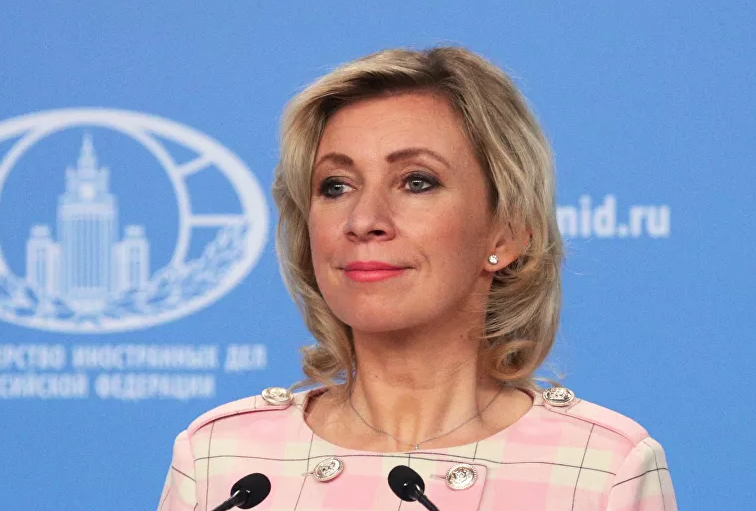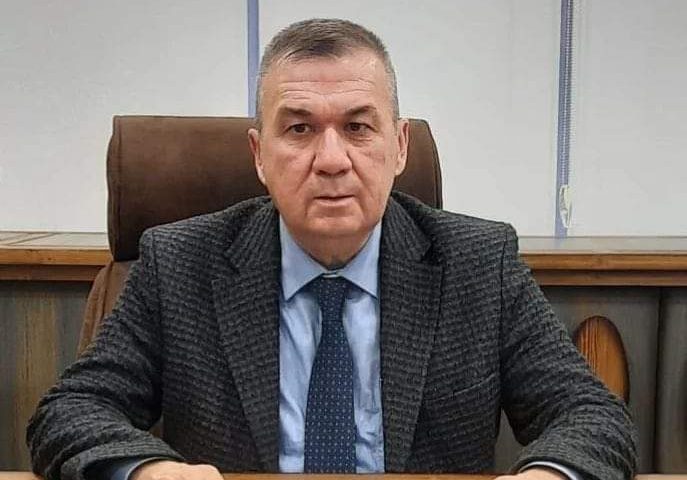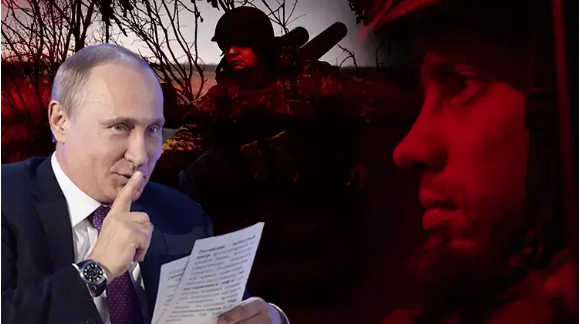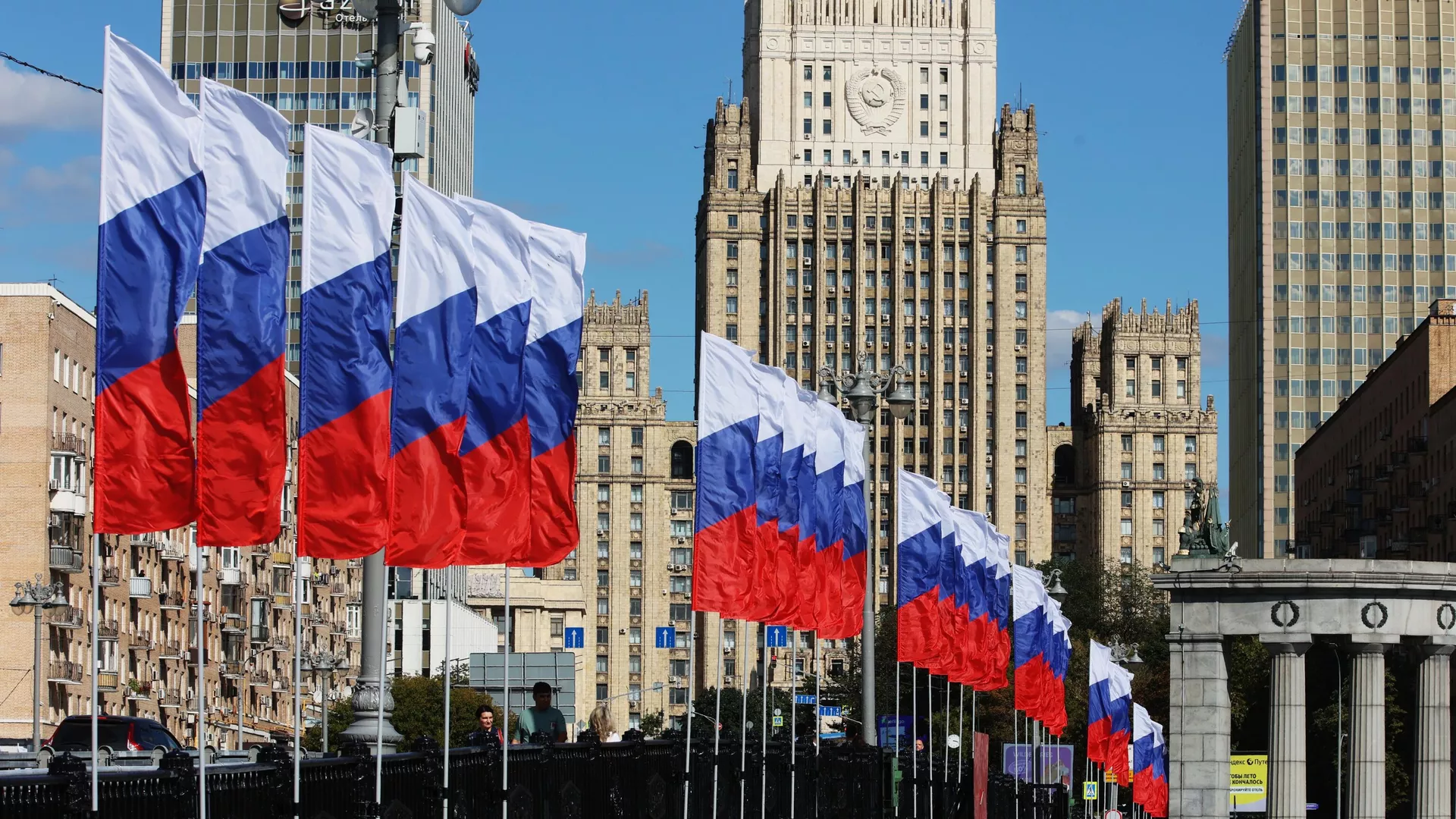Since the outbreak of the war between Russia and Ukraine, there has been a surge of news about Russia’s spies, who have become famous around the world and spread to many countries. The case of Viktor Bout, better known by his real name Viktor Bout, the ‘Merchant of Death’, as the Washington Post has dubbed him, reveals a completely different story and explosive details.
In a special unit in the US prison in Marion, Illinois, also known as ‘Little Guantánamo’, lies a broad-chested, mustachioed man who speaks at least six languages and is nicknamed the ‘death dealer’. He is serving a 25-year sentence after building an arms smuggling empire that spans the globe.
THE MOST NOTORIOUS ARMS DEALER OF ALL TIME
Bout, 55, is the most notorious arms dealer of his time, accused of profiting from weapons that fueled conflicts in Africa, the Middle East and Asia.
This week, Secretary of State Antony Blinken said the United States had made a “significant offer” to Russia for the release of WNBA star Brittney Griner and security adviser Paul Whelan, who are being held in Moscow. Russian officials have hinted that they expect a prisoner swap.
For Russian officials, who have protested Bout’s treatment since he was arrested in Thailand in 2008 after a raid by the Drug Enforcement Administration, there is little doubt that returning him in a swap would be Russia’s biggest prize.

“NO PRISONER EXCHANGE UNLESS HE COMES HOME!”
Bout’s New York-based lawyer, Steve Zissou, warned this month that “no Americans will be exchanged unless Viktor Bout is sent home.”
What is less clear, however, is why Russia cares so much about Bout.
When CIA Director William J. Burns was asked at the Aspen Security Forum this month why Russia wanted Bout, Burns replied, “That’s a good question because Viktor Bout is a creep.”
Although Russia has complained that Bout was entrapped by the DEA (US Drug Enforcement Administration), many US officials and analysts believe that Russia’s anger has less to do with the merits of the case than with Bout’s links to Russian military intelligence.
“Bout clearly had significant ties to Russian government circles,” said Lee Wolensky, a National Security Council official in the Clinton administration who led early efforts to combat Bout’s network.
HAS TIES WITH THE RUSSIAN GOVERNMENT
Although less famous than the KGB and its successor the FSB, Russia’s military intelligence agency, commonly known as the GRU, has a reputation for taking bolder and riskier actions. In recent years, it has been accused of everything from hacking elections to assassinating dissidents.
In addition, reports suggest that Bout may have close ties to Igor Sechin, a former Russian deputy prime minister and ally of Russian President Vladimir Putin. Both Sechin and Bout served in the Soviet army in Africa in the 1980s.
Bout denied having such links to the GRU. He also said he did not know Sechin.
HE HASN’T SPOKEN SINCE HIS CAPTURE
But this silence may be the real issue. The arms trafficker has refused to cooperate with US authorities, despite sitting isolated and alone in a cell for more than a decade, thousands of miles from his home in Moscow. This silence could have been rewarded.
“As far as I understand, he kept his cool in prison, he didn’t reveal anyth

ing to the Americans,” Russian journalist Andrei Soldatov said.
Simon Saradzhyan of Harvard University’s Belfer Center for Science and International Affairs said Bout could never have run such a large smuggling operation without government protection, but he never mentioned it. “The Russian government is eager to get him back to keep it that way,” Saradzhyan said.
Mark Galeotti, an expert on Russian security, said releasing Bout would send a message to others who might get in trouble: ‘Your homeland will not forget you.
“If the Russians successfully bring [him] back, it will be considered a victory,” Galeotti continued, “And let’s face it, right now the Kremlin is looking for victory.”
‘ONE OF US’
Russian political analyst Tatiana Stanovaya, founder of the political analysis group R.Politik, said that Putin wants something deeper than political gain:
“In the Russian language we have a special word for people like Bout: ‘svoi.’ It means someone from ‘us.’ Someone who works for the homeland, at least in [the government’s] eyes.”
Born in 1967 in Tajikistan, Bout studied languages at the Soviet Military Institute of Foreign Languages in Moscow. He said he was forced to learn Portuguese and was later sent to Angola to work as a translator for the Soviet air force.
Experts say military institutes were key recruiting grounds for the GRU (the more elite KGB, which, incidentally, is affiliated with universities). While his links to Sechin are unclear, they are similar in that they both studied Portuguese and worked with the Soviet army in Mozambique.
BECAME AN ‘ENTREPRENEUR’ WHEN THE SOVIET COLLAPSED
Shortly after the collapse of the Soviet Union, Bout, like many others who saw an opportunity to profit amid the chaos, became an entrepreneur. He used a small fleet of Soviet-built Antonov An-8 planes to set up an air transportation business and was apparently willing to take risks that others would not, flying into war zones and failed states.
Bout is also believed to have had access to something more valuable than airplanes: An enormous storehouse of information about the Soviet Union’s massive weaponry.
“He had been moving weapons from places like Ukraine for ten years,” said Douglas Farah, president of national security firm IBI Consultants and co-author of a book about Bout.
By 2000, Bout was one of the world’s most notorious traffickers. He was called a ‘leading merchant of death’ in the UK Parliament and UN reports said he supplied heavy weapons to a rebel movement in Angola as well as Liberia’s Charles Taylor, and then supported a deadly civil war in neighboring Sierra Leone.
The extent to which Bout worked for Russian military interests is disputed. Farah said he believes such work may have been tacitly approved by the GRU, given the scale of the military equipment being transported.
Wolensky said Bout came to the attention of the Clinton administration because Bout was disrupting peace processes that the US President had supported in Africa.
THERE WERE DVDS OF THAT MOVIE ALL OVER HIS HOUSE
In 2004, amid mounting international pressure, including an Interpol arrest warrant issued in 2004, Bout returned to Moscow.
By many accounts, Bout stepped back from what was then his most intense work in the arms trade. He lived in Golitsyno, a small town outside Moscow. A friend who visited his home in 2008 later noted that it was filled with books and, surprisingly, a DVD of the 2005 Nicolas Cage movie “Lord of War”, which was said to have been inspired by Bout’s life.
Unfortunately, that guest – namely former South African intelligence agent Andrew Smulian – worked for the DEA.
Bout was later arrested in Thailand, where he was being held by the DEA under secret surveillance for organizing the purchase of 100 surface-to-air missiles, 20,000 AK-47 rifles, 20,000 cluster bombs, 740 mortars, 350 sniper rifles, five tons of C-. Among the reasons for his arrest was the provision of 4 explosives and 10 million rounds of ammunition for people he believed to be agents of the Revolutionary Armed Forces of Colombia (FARC), a rebel group.
This elaborate capture operation highlighted a major problem in the US search for Bout: He had not actually broken US law.
To overcome this problem, in 2011, a federal court in New York found him guilty on several charges, including conspiracy to kill US citizens.
“THIS IS MY WAR”
Russian officials complained that Bout in particular was being targeted as aggressive and unusual.
But Bout’s record helped to make the broader argument that he was not simply a businessman. When agents posing as buyers for the FARC told him the weapons would be used against US Air Force pilots working with the Colombian government, Bout was heard telling them they had ‘the same enemy’.
“This is not business,” he said. “This is my war.”





